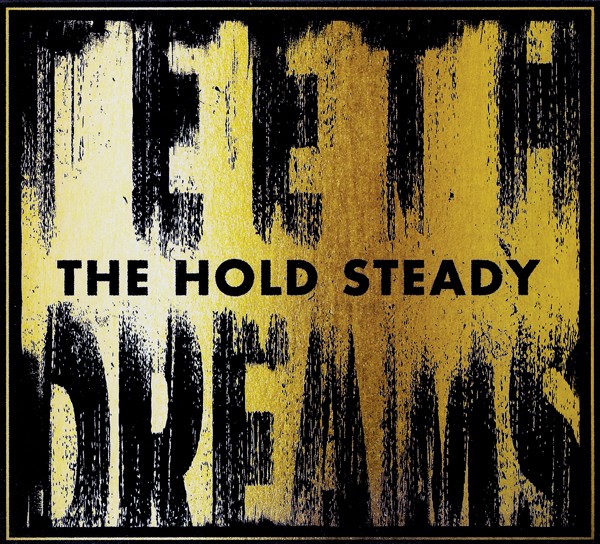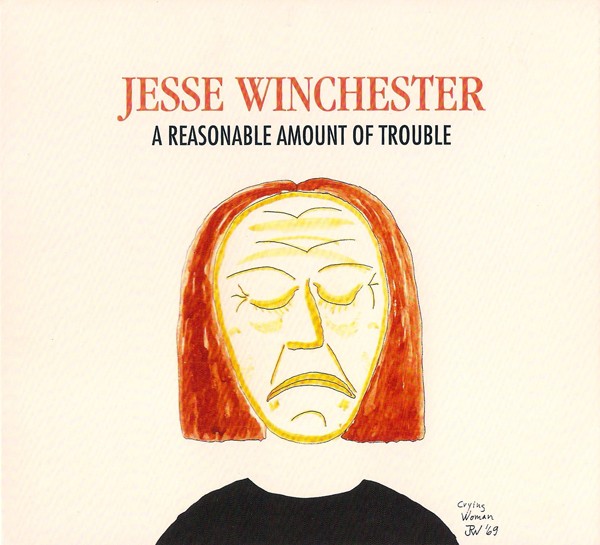Runaway’s Diary
Amy LaVere
Archer Records
Amy LaVere’s Runaway’s Diary calls to mind Red Headed Stranger: Willie Nelson’s elliptical song cycle from 1975 set the bar for developing a narrative theme over a set of tunes.
The story that LaVere tells in this 12-song set of originals and covers is that of a soul that has to keep moving. While that involves charm and pluck at times, apprehension and isolation are palatable. Alone is a scary place to be.
The heroine takes risks, reaching out to an older, unstable force in the opener, “Rabbit,” which starts with a worrisome heartbeat of hill drums and dark-night textures on electric pianos. There is an elegiac letting-go and a sense of blind trust: “Hey Rabbit, can you read the stars?”
The second track thematically and aurally occupies another place. There’s some growing up going on. “The Last Rock N Roll Boy To Dance” can “take what he wants.” Depending on your age, it’s a song about relishing newfound freedom or making terrible mistakes. The band is gutsy and suggestive.
LaVere worked with longtime collaborator Luther Dickinson for her fourth undertaking with Archer Records. They let each song tell its tale. Guitars shift shapes to meet the need of the lyric: “Self Made Orphan” finds our runaway making her way and distancing herself from others, the band morphing into a Kershawesque Cajun roadhouse stepper as she dances away.
There are some covers about tentative trust and streetwise evasion: a Townes Van Zandt tune, a Nick Miller, even a Mike McCarthy number. There’s the version of John Lennon’s “How?” from Imagine, one of many Lennon masterpieces on the state of not belonging.
“Snowflake” is an invisible soul’s inventory of self-reliance. The piano and fingerpicked guitar take the lyric to a cold scene where a nebulous tomorrow beckons.
LaVere’s singing voice is served by the more measured approach to instrumentation that Dickinson takes here. Stranger Me, LaVere’s previous effort, took her unique bass-voice combo punch into all sort of interesting places. This album lets the lyric lead. Maybe she’s singing better. Maybe the arrangements let her be heard better. There’s a sense of confidence to the craft of Runaway’s Diary. That confidence eludes the runaway who survives in these songs.
“Don’t Go Yet John” reveals an emotional economy to the few relationships that a runaway would develop. “My list isn’t that long. It’s only got you, Michelle, and one other dude.” But later there is a reveal that keeps the torment in perspective. “I wronged my baby ’cause I’m pretty sure that he loves me.”
The penultimate track, “I’ll Be Home Soon” is the runaway’s imagined, self-aware homecoming. It gets to the ego involved in always expecting more down the road. “Where’s the trumpet?/ Where’s the crowd?/Where are you, love?/Did You Wait?” But it’s more of a wish than a plan.
A reprise leaves the listener with the sound of a heartbeat.
Harlan Bobo was the last person around here to be this good.
LaVere writes on the Archer website that some of this is her personal story, given some artistic liberties, without which one could worry about her. But LaVere obviously has profound relationships with Dickinson and with those who played on this record: Too many people put too much care into this record for one to believe that LaVere is as disconnected as the voice in her lyrics.
She’s never sounded more at home.
teeth Dreams
The Hold Steady
Razor & Amp; Tie
“Loosen your grip it feels so incredible.”

It’s one of many things that Craig Finn sings on Teeth Dreams, the latest from the Hold Steady. This is the first record featuring Memphian guitarist Steve Selvidge, who makes quite an impact on the band’s sound. Teeth Dreams starts with a vice-like grip and slowly lets it go.
The album begins with a snare drum that’s like a problem friend banging on your door at four in the morning. “I Hope This Whole Thing Didn’t Frighten You,” is an apology for something that went wrong, something somebody has to live with or fix: a mess. “Spinner” twists a tale of a young bar fly dancing on the brink of trouble and liking it. There’s a creep in the corner she knows to avoid. “The Only Thing” considers someone who’s lost: “She’s been wasted. /She’s been honest. /She’s got a necklace. It looks pretty expensive. /I’d like to know where she got it.”
It’s typical Finn, if not typical Hold Steady.
Teeth Dreams presents a surlier, more electric sound from the Hold Steady. Selvidge is a rocker, pure and simple. The band has more drive as guitarist Tad Kubler and Selvidge play together. Playing together can be tricky, particularly in part writing. Selvidge and Kubler blend tones and write complimentary parts.
The album runs high and hot until the fourth track, “The Ambassador,” finally settles things down. The instruments get to breathe. The piano, once a hallmark of the band’s sound (and one source of the Springsteen comparisons), makes an appearance. Up until this song, the band has run full force. It’s almost overwhelming. “The Ambassador” presents a cloudy take on a bad situation.
“On With The Business” gets back to the rock with some of the album’s better lyrics: “Blood on the carpet./Mud on the mattress./ Waking up with that American Sadness./Chemistry, currency, plastic, and magic./Everybody rise./We’re an American business.”
“Big Cig” is a great arrangement that finds the band using its energy to best effect. The guitars chime in from left and right in the Gimmer Nicholson/Chris Bell tradition. And there’s the whole Angus Young thing. “Runner’s High” also points to the Young Brother Admiration Society formed by Kubler and Selvidge. When you hear Al Gamble’s parts in the mix, you’ll understand what all the fuss is about with him.
“Wait a While” has layered guitars and vocal harmonies that are great counterpoints to Finn, who seems to be singing more than is his chatty norm. Maybe he’s loosening his grip.
“Almost Everything” finds a more amenable but tattered voice, sitting down to talk. “Yeah there are nights I get terrified./I’m sure you get terrified too./So hey won’t you show me a sign./If I’m getting through to you.”
It’s a moment of acceptance and sharing. This person’s guard is down. The two balanced acoustic guitars recede from the intensity of the earlier tracks. It is a literal loosening, and it feels good.
In classic rock fashion, Teeth Dreams ends on “Oaks” an epic take on empathy and decency and letting go. “If you want to be saved, all it takes is a wave.” Life is hard. Love doesn’t work. “And we hope./As we hang from the limbs of the trees./We cling to the rails on the boats./The trees as they turn into smoke./The trees they turn slowly to smoke.”
The last two minutes burn like a forest.










